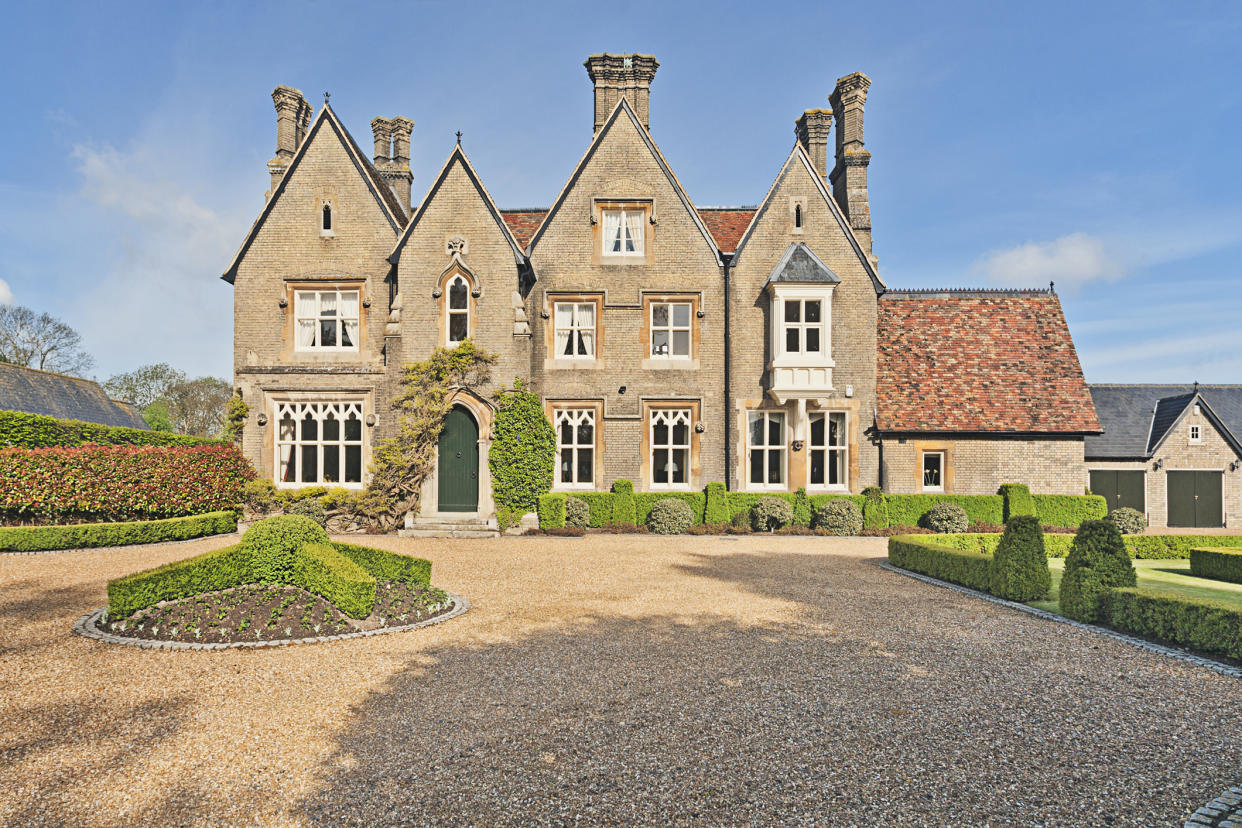The disturbing history of charming UK estates

Numerous country estates in the United Kingdom have disturbing links to historic slavery, a new report has revealed.
Research from The National Trust, the body dedicated to heritage conservation in England, Wales and Ireland, identified around 93 properties, or roughly one-third of those in its care, could be directly connected to colonial histories.
The report identified estates where wealth was connected to the proceeds of slavery or through the slavery compensation scheme. In fact, 29 properties were found to have benefited from compensation after slavery was abolished, with one family receiving the equivalent of £7.7 million (AU$13.9 million) in compensation.
It also identified those with links to opposing the abolition of slavery, as well as a history relating to expansion and settlemetn in countries, which resulted in the displacement or injury of people.
“Large numbers of landowners and members of the wealthy middle classes invested in commerce that was linked directly to the slave trade, including sugar production in the Caribbean, and many people with surplus funds had investments in merchant companies involved in the slave trade, such as the South Sea Company and the Royal African Company,” the report stated.
Winston Churchill’s former home, Chartwell, in the southeastern country of Kent was one of the properties identified by The National Trust as having links to slavery.
Country estates were traditionally seen as local centres of “art, taste and upper-class networking and sociability,” but the report revealed a “complex” history behind them.
“These histories are sometimes difficult to read and to consider,” it stated.
But in the context of the rising Black Lives Matter movement, and the push towards Black awareness, the Trust’s director thought it was high time to commission a report that looked into the dark legacy behind these estates.
"At a time when there's an enormous interest around colonialism more broadly and indeed slavery more specifically, it felt very appropriate, given that we care for so many of these places of historical interest, to commission a report that looks right across them and try to assess the extent of those colonial legacies still reflected in the places we look after today," John Orna-Ornstein, the National Trust's director of culture and engagement told CNN.
Are you a millennial or Gen Z-er interested in joining a community where you can learn how to take control of your money? Join us at The Broke Millennials Club on Facebook!


